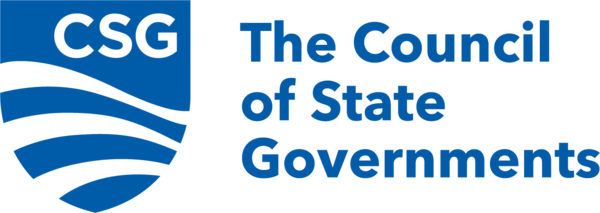
With the number of jobs requiring an occupational license at an all-time high, The Council of State Governments (CSG), the National Conference of State Legislatures (NCSL), and the National Governors Association (NGA) have come together to assist states in improving their understanding of occupational licensure issues and enhancing licensure portability.
Currently, the number of jobs requiring an occupational license is nearly one in four. While state licensing is important for developing a trained workforce and protecting public safety, disparities in requirements between states makes it harder for people to enter these fields, and at times can prevent individuals from continuing their careers after moving across state lines. These disparities often affect certain populations more than others, such as military spouses and families, unemployed and dislocated workers, immigrants with work authorization, and people with criminal records.
To address these issues, CSG, NCSL and NGA work directly with state officials to review existing licensing requirements and ensure that criteria do not create unnecessary barriers to individuals wanting to enter the labor market. Consortium states also compare their own legislation with that of other states to improve reciprocity provisions and portability for selected occupations.
During the first phase of this project, the 11 states in the consortium—Arkansas, Colorado, Connecticut, Delaware, Illinois, Indiana, Kentucky, Maryland, Nevada, Utah and Wisconsin—have been working to improve their states’ policies and have benefitted from multi-state team meetings, state-specific technical assistance, in-state learning consortium meetings, and support from all three national organizations for state action plan development and implementation.
As part of this ongoing project, the occupational licensure team at CSG launched a new website that pulls together CSG’s expertise on the issue as well as news and current events such as seminars, passed legislation, and working initiatives.
The new website will serve as a resource for policymakers who want to learn more about licensure portability and connect them with tools that they can use in their own states. State officials will be able to access the project database, developed in partnership with NCSL, which provides extensive information on licensing requirements for 34 professions across all 50 states and the District of Columbia. In addition to the database, the site will provide information on the Occupational Licensing Policy Learning Consortium and project reports on the current state of licensure, suggested best practices, and disproportionately affected populations.
The website also contains resources regarding interstate compacts. CSG’s National Center for Interstate Compacts (NCIC) is the nation’s only information clearinghouse and technical assistance expert on interstate compact development. Increasingly, states are turning toward compacts to solve licensure portability issues. A compact creates a legally binding relationship between compact participants so that licensed practitioners can practice in multiple states.
As the project continues, participating states will continue to benefit from this network of professionals, fellow policymakers, and researchers as they work to strengthen the workforce of licensed professionals in their states.
This workforce product was funded by a grant awarded by the U.S. Department of Labor’s Employment and Training Administration. The product was created by the recipient and does not necessarily reflect the official position of the U.S. Department of Labor. The Department of Labor makes no guarantees, warranties, or assurances of any kind, express or implied, with respect to such information, including any information on linked sites and including, but not limited to, accuracy of the information or its completeness, timeliness, usefulness, adequacy, continued availability, or ownership. This product is copyrighted by The Council of State Governments.